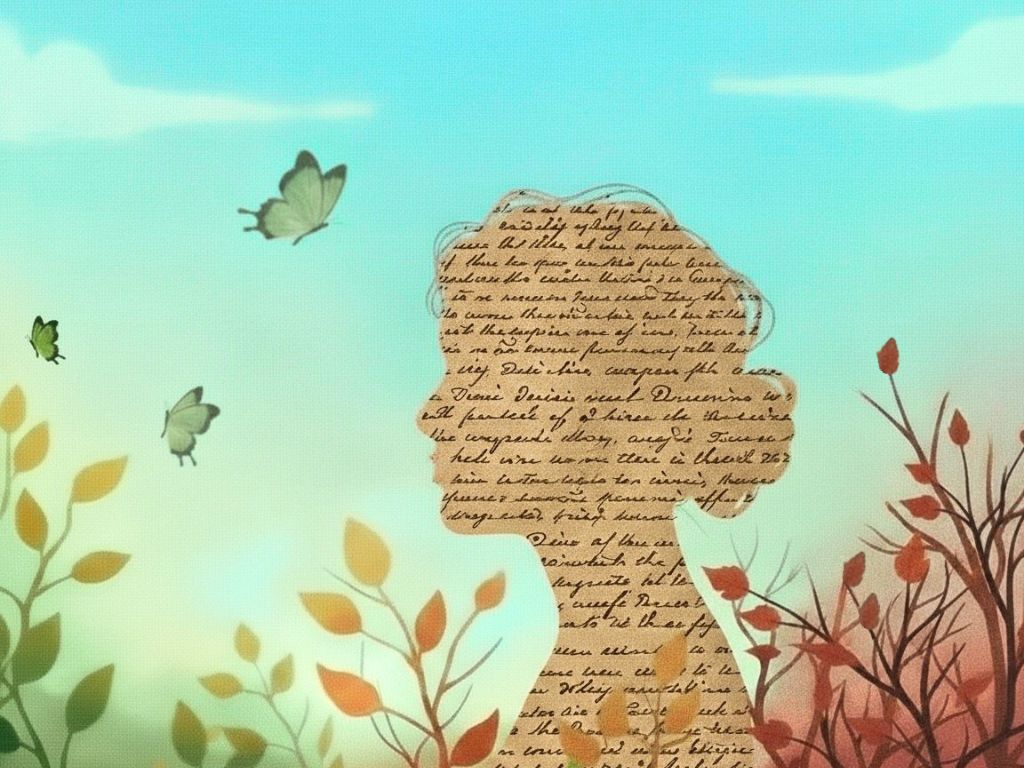
What if getting older meant returning to your most curious, unguarded self—and rediscovering wonder along the way?
I’ve been living in two worlds. One is alive and full with discovery—children experiencing their first days at school, the thrill of new friendships, the sting of their first heartbreak. The other is filled with women over 50, trying to write new chapters while coming to terms with what’s behind them.
Moving between the two makes me feel both older and younger at the same time. It’s a paradox that feels less like a crisis and more like a cure—one that led me back to the spirited child I once was. Turns out, she hadn’t disappeared after all. By reclaiming her, I’ve not only reignited my sense of wonder, I’ve summoned the nerve to begin again.
It couldn’t have arrived at a more important moment in time. Society tells women of a “certain age” to shrink their lives, narrow their worlds. But mine is expanding as a result of an unlikely event: the publication of my debut children’s book.
The Child Who Never Vanishes
Memory has a way of animating our lives, like an old flipbook. Lately, as I’ve traveled around to stores to read my book aloud to children, I’ve had flipbook memories of my youth, and every time I do, a little of my child-self returns. I see my mother sitting on the edge of my bed, reading to me, her melodious voice drawing me into a story that allowed my imagination to run free.
I think of my own children when they were little—how we curled up together with books, perhaps my favorite thing to do with them. How I wanted to give them the same sense of story I loved as a child, but with the added closeness I longed for—something many adults in my parents’ generation approached more formally than we did. This shift mirrors a larger cultural movement for women away from traditional parenting focused on duty, and towards presence, imagination, and connection.
Perhaps that’s why I write for children now: to pat my own furrowed brow and revive the magical parts of childhood—the parts that spark joy.
Returning to the Well
What I’ve experienced is something writers have long argued. Ursula K. Le Guin often described childhood as a “well” we can always return to for imagination and grounding. Growing up, she said, doesn’t mean leaving childhood behind—it means building on it.
So contrary to what society may tell us—that later in life, imagination dries up—we’re free to return to the well and drink enthusiastically any time we’d like.
But how does this play out in real life? What other traits from childhood endure and how do they shape our lives? The answers are as individual as the people I posed the question to.
What We Keep, What We Lose
Susan B. said she was always musical. “My mother told me that before I could talk, I could hum a tune. At the age of three, at a kindergarten program, I apparently got up and sang ‘Oh What a Beautiful Morning,’ all the way through.” And Susan kept singing—in choirs, folk groups, and madrigals. As an adult, her love of vocalizing turned out to be her superpower. She went on to have a career that required a lot of public speaking. “I simply never got stage fright,” she said, a trait she believes took root as a child, singing in front of audiences of all sizes and ages. It enabled her to defy the social expectation that as we age, we shrink from visibility.
And what of the traits we feel we’ve lost? Erin B. said that as she’s aged, she’s noticed that her confidence, particularly as it relates to making a difference, has dimmed. “I wish I still had that fiery belief in my own ability to change things … but a little cynicism crept in.”
Her words reflect not just her story, but something larger—women in midlife often wrestle with a sense of muted influence, not always because they’ve changed, but because the culture around them shifts its gaze to youth. Erin’s reflection also echoes research that suggests it doesn’t matter how old you are, some of your personality traits will likely change. While some may come and go, they don’t simply disappear forever.
This means that the script of inevitable deterioration is just that—a script; and we don’t have to read the lines we’ve been handed.
Finding Her Again
Hearing these reflections reminded me that there are ways to actively befriend the child we once were.
One way I’ve found is to conjure up a feeling—not just any feeling—the thrill of firsts. Think of a new experience that you have a fond memory of. Now hold onto that feeling and ask yourself what is new that you’d like to try now that would elicit the same emotion?
There are plenty of new experiences to be had: learning new skills, traveling to new places, trying new foods, reading new books, and meeting new people. One estimate I’ve seen used repeatedly suggests we’ll meet as many as 80,000 people in our lifetime (though admittedly, we won’t remember most of them).
Growing older isn’t about narrowing your life until it becomes one of constant certainty; it’s about continuously expanding it. Research shows that a “growth mindset” and engagement in new skills are strong predictors of successful aging. If we lose that mindset, we risk physical, social, and emotional decline.
Seeing children come to my readings with a parent or caregiver—watching them get excited about hearing the book and deciding where to sit, in a child-size chair of their own, or close to the person who brought them—it takes me back to the “well,” every single time.
Donna G. said that for her, the mere presence of children serves as a sort of time machine and alarm clock rolled into one. “Just being with them helps reawaken in me what may have gone to sleep.”
What It All Reveals
Taken together, these glimpses—my own, Susan’s, Erin’s, Donna’s—point toward something bigger: Aging well isn’t about nostalgia, it’s about integration and rejecting cultural erasure.
So hang out with kids, borrow a grandchild, go to a story time. Or envision a bridge that joins your inner child on one side, with your current self on the other. You may be surprised by how much you have in common and how affirming it is.
Aging backward is reclaiming the curiosity, the imagination, the audacity to believe in firsts. And in that reclamation, you discover that the child you were is not a memory to mourn—but an ally to walk with you, help you to heal, and dare you to live fully.

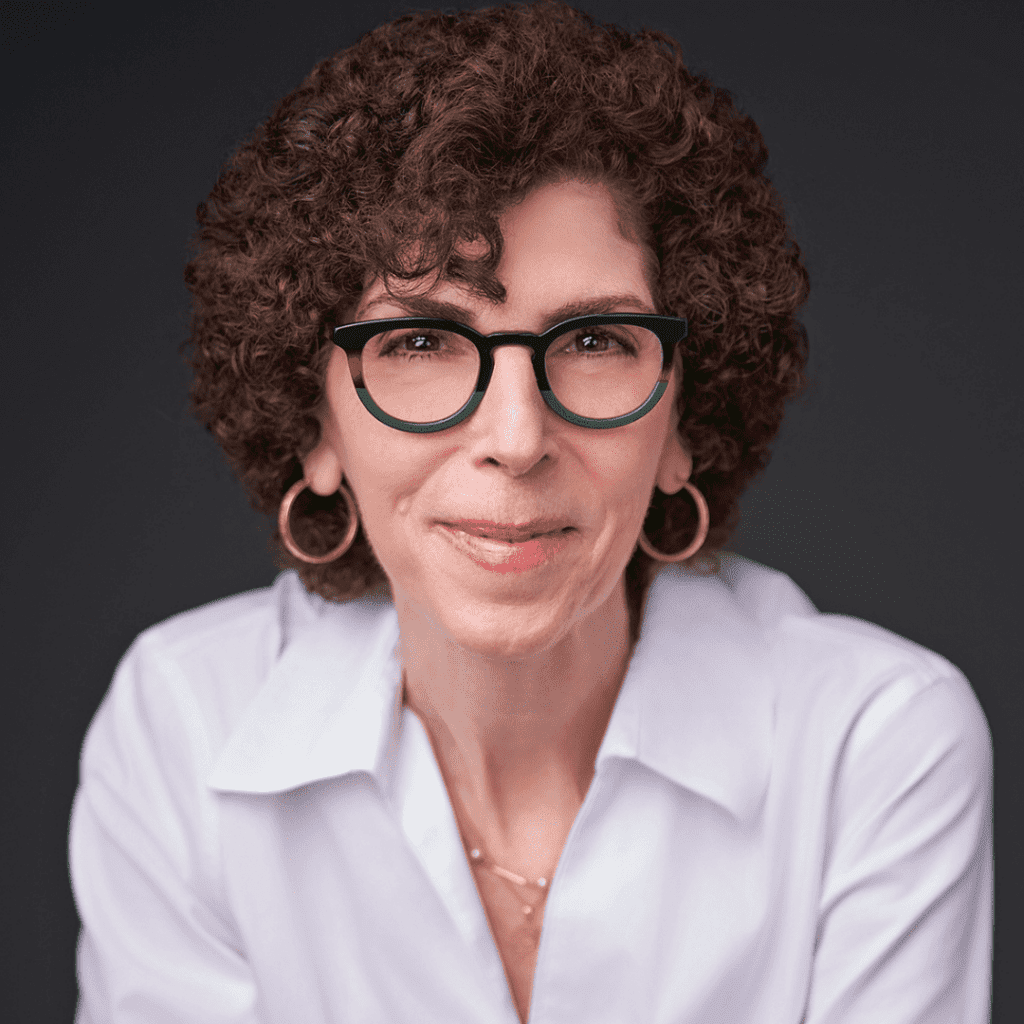

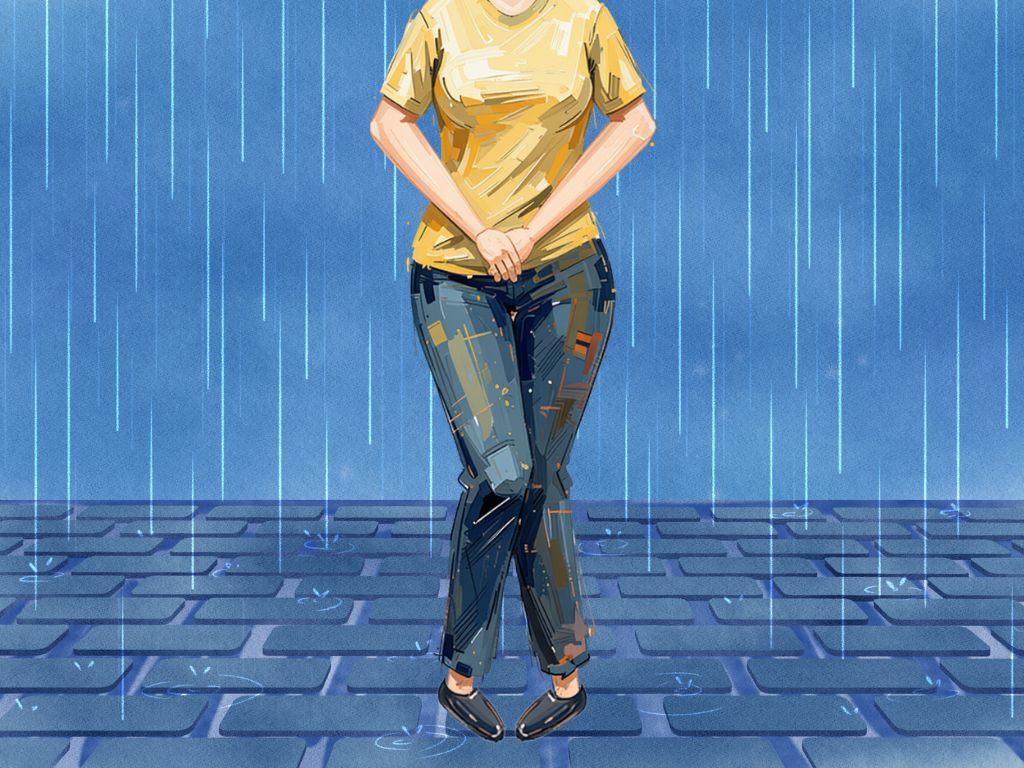
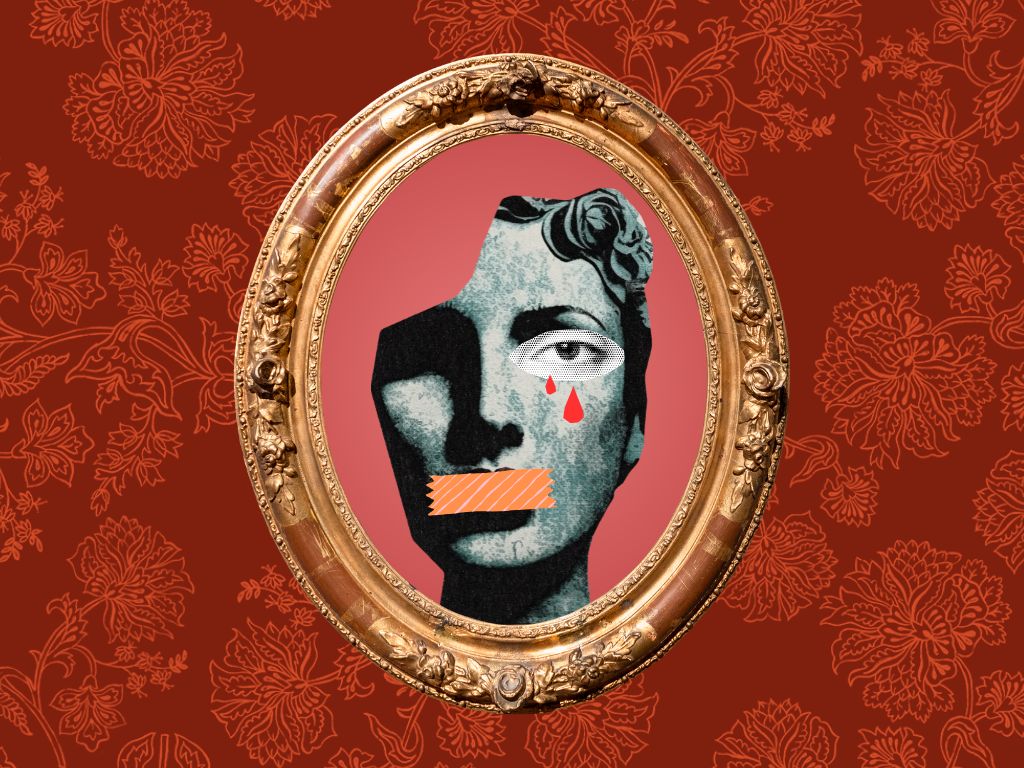
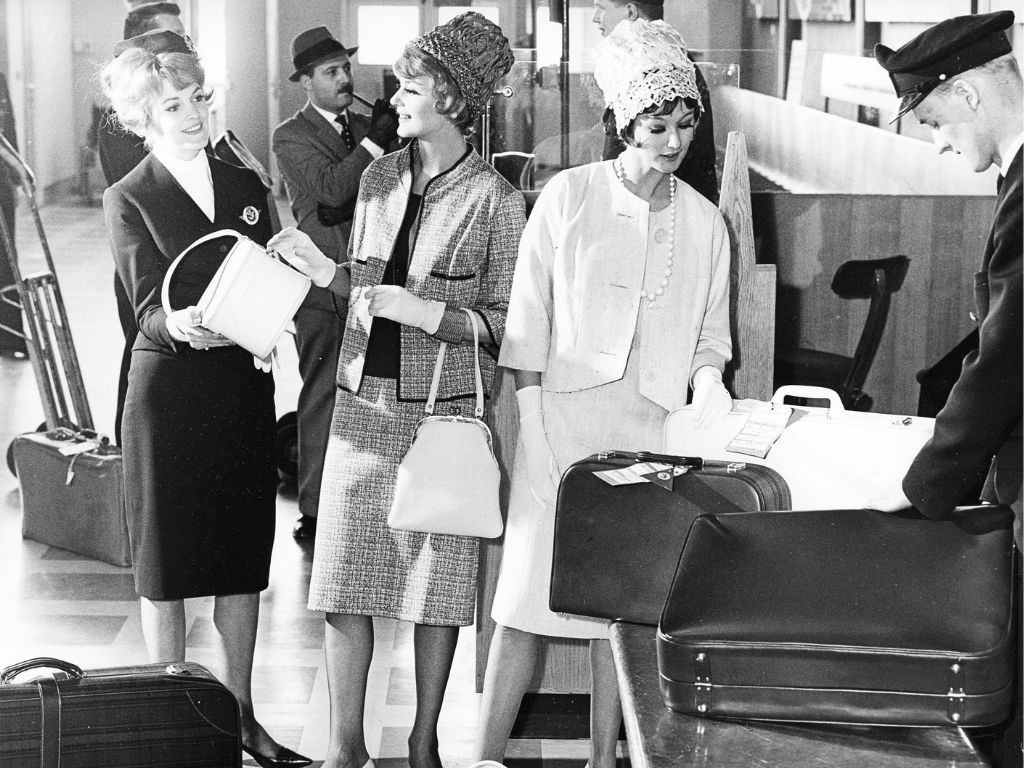

8 Responses
I work two jobs, both of which are with children ages 5 to 14. They make me laugh and make me smarter. They ask the most interesting questions that make me have to seek out the answers. They also force me to have patience with both them and myself. That it’s okay not to be perfect as long as we try to be our best. They are such pure spirits full of love that even though their energy wears me out (I’m 72), they inspire me to be the best mentor I can be.
It also helps to move on from relationships that discourage you from becoming your true self. I divorced 9 years ago from a verbally abusive and disrespectful man who hated if I ever tapped into my child-like self. I am in a wonderful relationship now where I laugh and cry freely, am held if I’m sad, and joyful when something wonderful happens. We laugh hysterically at silly things we do and say. Like kids. It is freeing to be in an environment and with a person who accepts you as you are. I am discovering my child-like qualities again and moving away from child-ish things such as being resentful, getting defensive, etc. and just laughing more. It is a relief.
Hi Marcia, That’s such a beautiful reflection—and such an important distinction between being child-like and childish. Reclaiming joy, play, and silliness after years of walking on eggshells is its own kind of healing. Thank you for sharing this—it’s exactly the kind of freedom we’re talking about.—susan
I just love this. And that you are so happy. I bet when you two are laughing those around you feel more free to be themselves too. It’s contagious!
Beautifully written. This story rings all the right bells. I will be trick-or-treating dressed as a member of K-Pop with my 5year old granddaughter this year.. And when we finish, I want to sit on the floor and dump all the candy we collected and start trading. Just like I did with my brothers growing up
Yes! One of my favorite childhood memories. I can still see the trick or treat bag I used, and the small circle we formed to dump it all out in. Favorite treat? Fireballs! They were a great dare.
I was just thinking how unfair it is that adults aren’t allowed to trick or treat for themselves!!! lol!!!! I am a candy lover! Trading afterwards with siblings is one of my fave memories too. My saddest moment was when my children grew up enough to guard theirs!!! lol!!!
Same. I buy extra candy (and only candy I like) so I always have left-overs, which I eat. Does that count? Thank you for sharing. —susan